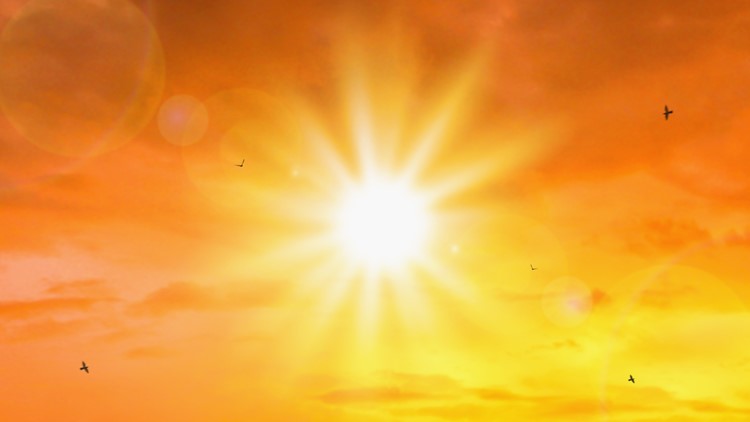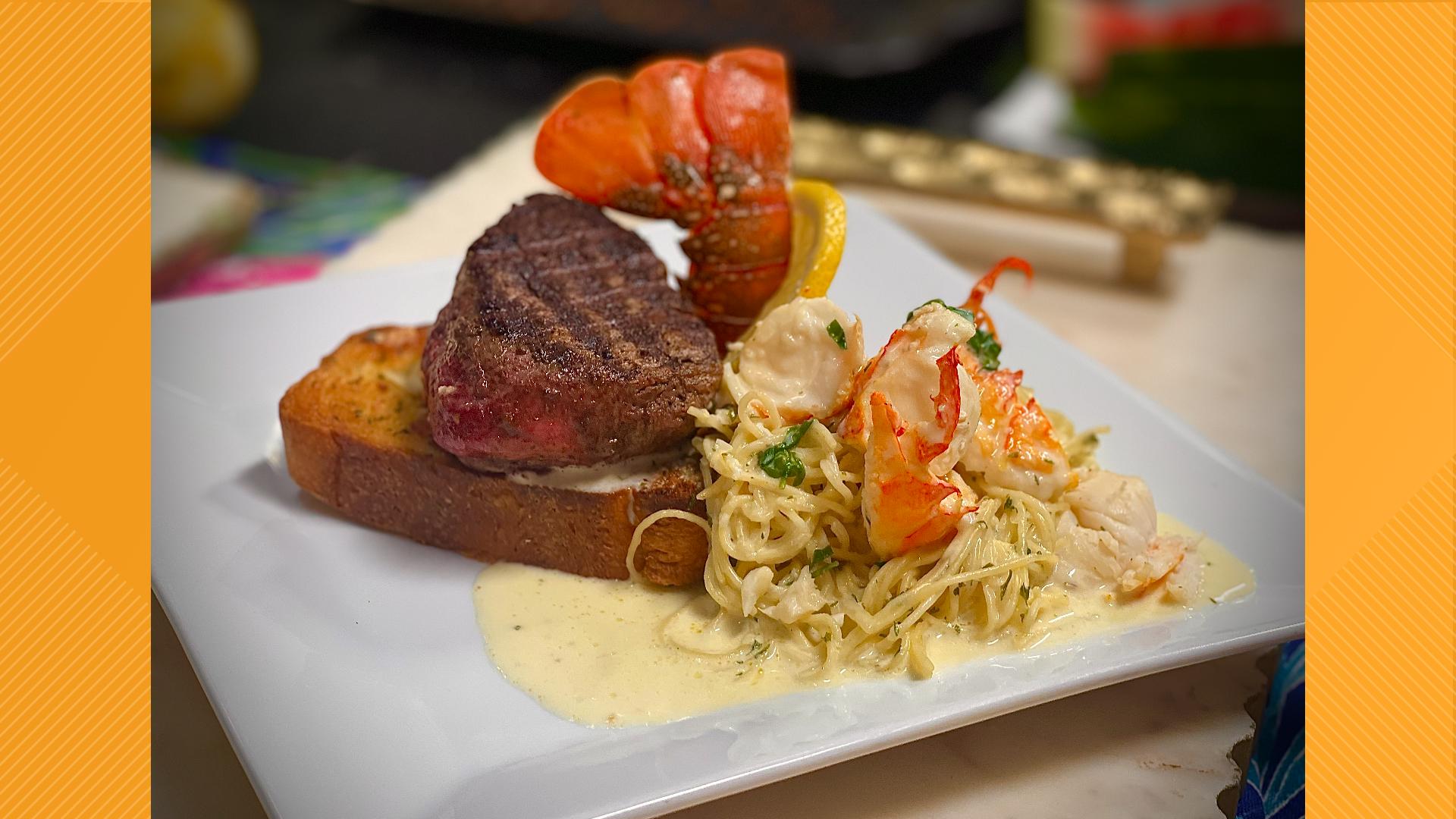Record heat waves have had residential A/C units running nonstop this summer across the country. This leads to more demand for electricity, which often leaves people with higher power bills.
Multiple readers have reached out to VERIFY to ask about the best ways to save money while staying cool in hot weather.
THE SOURCES
WHAT WE FOUND
Central air conditioning units are among the most energy-demanding appliances in many homes, and in some homes, they use more electricity than any other appliance.
Many experts typically recommend keeping your thermostat set to a higher temperature in the summer to save as much energy as possible. The U.S. Department of Energy (DOE) says to set it “as high as is comfortable for you.” Older articles and reports published by the DOE recommended setting your thermostat to 78 degrees Fahrenheit, specifically.
You can use a ceiling fan to help make up for the higher thermostat setting, the DOE says. A room with a ceiling fan turned on can help you feel up to four degrees cooler.
More from VERIFY: Leaving your ceiling fan on when you’re away won’t cool your home
But some people are not comfortable at 78 degrees Fahrenheit. So we’re VERIFYING energy-saving methods that’ll reduce the heat in your home so your A/C doesn’t need to work so hard to keep your home at your desired temperature.
Keep your windows covered
Shut your exterior window shutters, close your blinds and pull your curtains over your windows. This seemingly simple tactic is so effective that all of our sources recommended it as part of their suggested strategies to stay cool and keep energy use low.
The DOE says that about 76% of sunlight that falls on windows enters your home to become heat, which is why it’s so important to use coverings to block the sun’s rays from getting inside. AARP says blackout curtains are even better than regular curtains for accomplishing this, although other kinds of window coverings are also effective.
Avoid major appliance use at peak hours
Peak hours for energy usage are between 4 p.m. and 9 p.m. on high-heat days, the California Department of Aging says. That’s typically the time households come home, turn on their A/Cs and use major appliances. During a heat wave, these are the times in which an energy shortage is most likely, and Pacific Gas & Electric says your electricity use comes at a higher cost at these times.
Running your appliances in the late afternoon isn’t just costly, either. It can be uncomfortable, too. Washing machines, dryers and dishwashers produce a lot of heat, say the Pennsylvania Public Utility Commission and the DOE.
Instead, use these appliances in the early morning or at night when temperatures outside are cooler, the Pennsylvania PUC and DOE say. Duke Energy also recommends considering air drying clothes and dishes to reduce your use of those appliances.
Try cold water in place of hot water
According to the DOE, water heating makes up about 18% of a typical home’s energy use, and also adds heat to your home. Not only can you add less heat to your home by taking a cool shower or bath, but you can keep your body temperature down by bathing in cool water, as well.
When you bathe, you should also run the bathroom fan to reduce any heat or humidity your bath or shower adds, Duke Energy says.
The Pennsylvania PUC says washing your clothes in cool water can also help reduce your water heater use.
Use alternatives to your oven
Ovens use a ton of energy to get hot and heat up your home while doing so, Inspire Clean Energy says. Try to find food you can eat cold, and if you do have to cook, Inspire Clean Energy recommends using a microwave, toaster oven, air fryer, slow cooker or instant pot because they all use less energy and create less heat.
Pacific Gas & Electric adds that cooking on the stove is preferable to cooking in the oven, as is cooking outside on the grill. If you have kitchen fans, such as one above the stove, you should use it to reduce any heat and humidity your cooking might create, Duke Energy says.
You can also just choose to dine out, Inspire Clean Energy says. That way you’re not adding heat to your home by cooking, and you don’t have to use your own A/C to keep yourself cool.
Turn off lights and devices
This one might sound obvious, but it is especially important when you’re trying to stay cool. That’s because even a basic light bulb can add heat to a room, says the Pennsylvania PUC.
If you have LED light bulbs, rely on those over traditional light bulbs. NEC Co-op Energy says that LED bulbs use at least 75% less energy than traditional bulbs, and emit very little heat compared to traditional bulbs, too.
Inspire Clean Energy adds that if you’re going to be out of a room with LED bulbs for less than 15 minutes, it’s more efficient to just leave them on — otherwise, be sure to turn off the lights whenever you leave a room.
Many electronic devices generate heat when they run, and San Diego Gas & Electric warns that devices on standby mode will still draw power. So switch off devices like computers and coffee pots when they’re not in use and charge battery-powered equipment, like cell phones and laptops, outside of those 4 p.m. to 9 p.m. peak hours.



